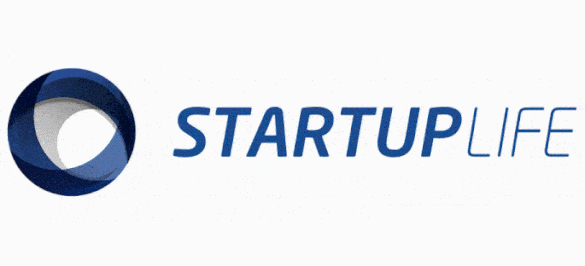By Luisa Bombarda and Layon Lopes
The Consumer Defense Code (Law 8078/1990) – CDC – is the Brazilian law that assists, regulates, and protects the consumer when acquiring products and services, whether they are purchased in person or at a distance, as long as there is an exchange of values through payment.
But, for the purposes of this law, what is considered a consumer?
According to Article 2, “A consumer is any natural or legal person who acquires or uses a product as a final recipient.” In other words, for the contracting of an internet plan, for example, the legal entity will be considered with the consumer, because it is understood as the final recipient of the service provided by the internet service provider.
On the other hand, Article 3 of that Law states that “supplier is any individual or legal entity, public or private, national or foreign, which develops activity of production, assembly, creation, construction, transformation, import, export, distribution or marketing of products or provision of services.”
This means that, regardless of nationality, nature of the individual, activity performed, as long as there is a provision of services or marketing of products, it will be considered as a supplier for the purposes of this Law.
It is concluded, therefore, that a consumer can be any person who, considering the position in the legal relationship, acquires products or hires services from third parties, regardless of whether he performs activities or markets products to third parties.
So, when does the Consumer Protection Code apply?
As already demonstrated, the Consumer Defense Code is applicable when there is the acquisition of products or the contracting of the provision of services between two people, whether individuals or companies.
Thus, in the event of any damage, defect or failure in the contracted products or services, this Law will be applied in order to verify rights, obligations and procedures to be applied to the case.
It is worth pointing out that, in general, there is even the provision of deadlines to remedy the problems, possible fines or violations in the event that they are not met within the agreed and stipulated period.
In addition, this Law provides for consumer rights, such as the protection of life, education, disclosure on the proper consumption of products and services, protection against misleading and abusive advertising, among others.
On the other hand, the manufacturer, producer, builder, importer are tacitly liable for the repair of damage caused to consumers. It is noteworthy that the liability will be joint and several throughout the supply chain, i.e. from the manufacturer to the merchant who sells the product, which demonstrates the broad consumer protection in this regard.
In the case of provision of services, Article 14 determines that the “supplier is liable, regardless of fault, for the repair of damage caused to consumers related to the provision of services […].”
Thus, it can be seen that this is a complete law, which disposes of various aspects, possibilities and situations of the day to day of consumer relations, the consumer being the vulnerable party and protected extensively for the purposes of this Law.
What is the application of the CDC in the daily life of a startup? What is the relationship between the two?
Most startups provide services to the population, either to the general public or to a specific public. Given this and, as defined by the Law, it is understood that startups, in general, qualify as suppliers when marketing their services to their consumers.
Therefore, the CDC applies when the main activity performed by the Company is commercialized, whether through the distribution of products or services to its target audience, and, thus, it becomes liable in case of any damage caused to its consumers.
It is important to emphasize that when the Company is configured as a consumer in the consumption chain, it has all the rights and obligations protected and provided for in the legislation in force, as demonstrated earlier in this article. On the other hand, when it acts as a supplier, it will also have presumed rights and obligations.
It is concluded, therefore, that startups are fully and completely inserted in the consumption chain already established through the Consumer Protection Code, since, even if not tacitly, it is framed as a supplier or consumer of services and products offered on the market, depending on the situation in which it finds itself in the legal relationship and, therefore, it must pay attention to all the rules established for it.
* Layon Lopes is the CEO of Silva | Lopes and Luisa Bombarda is a member of the Silva | Lopes team.







